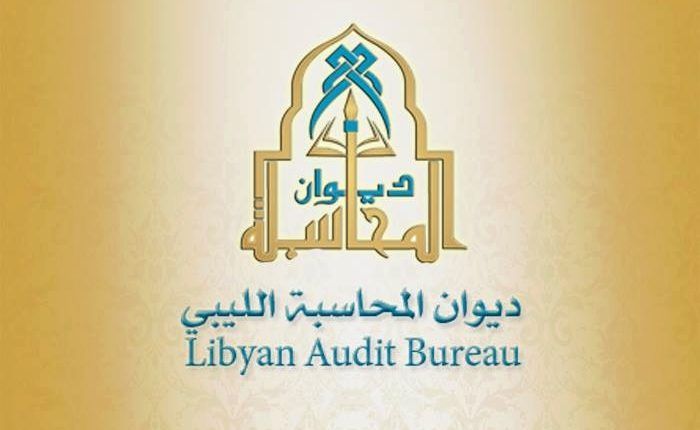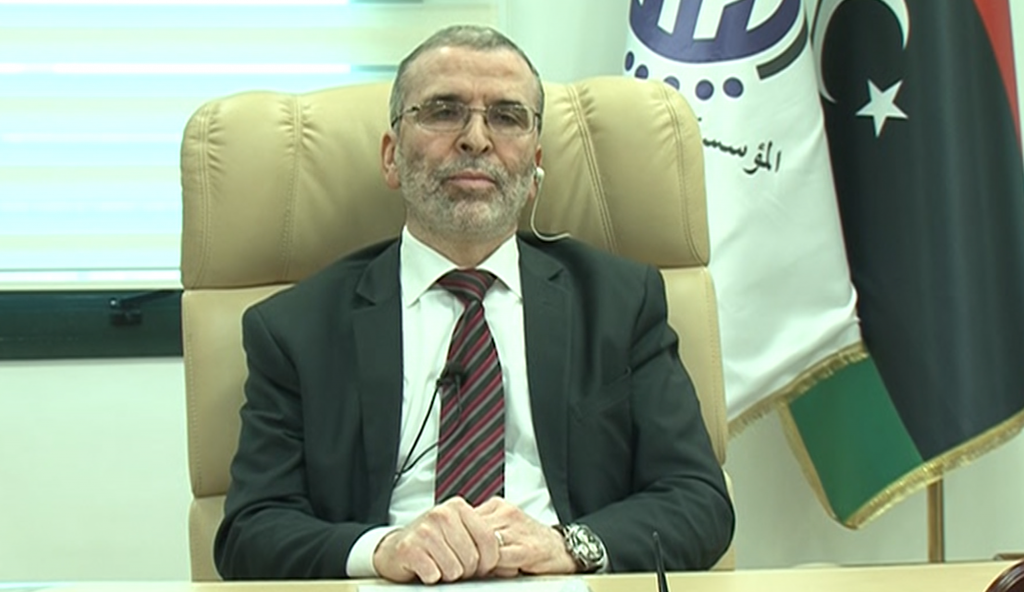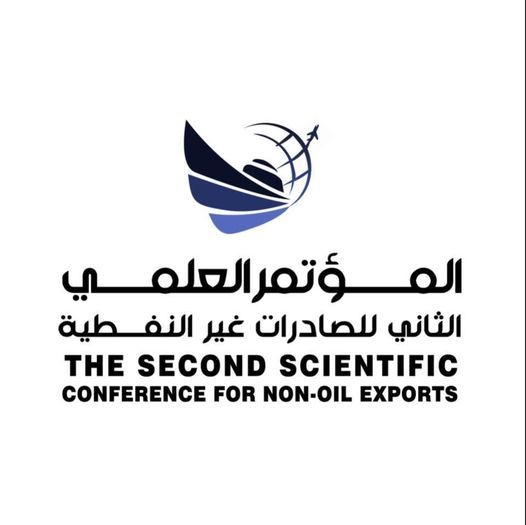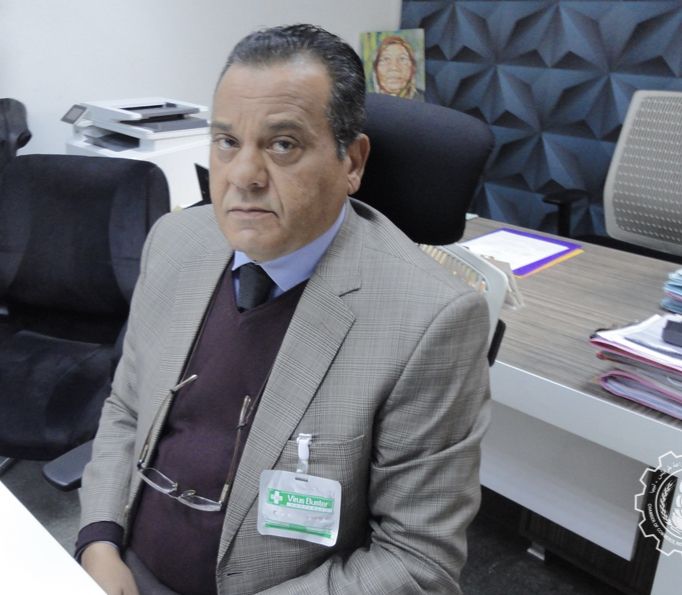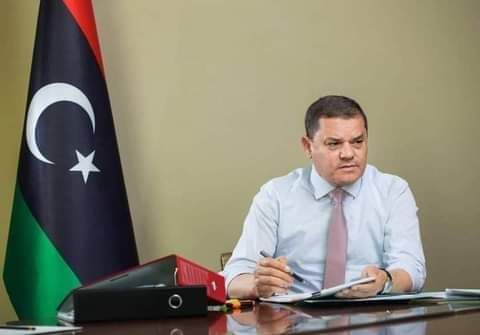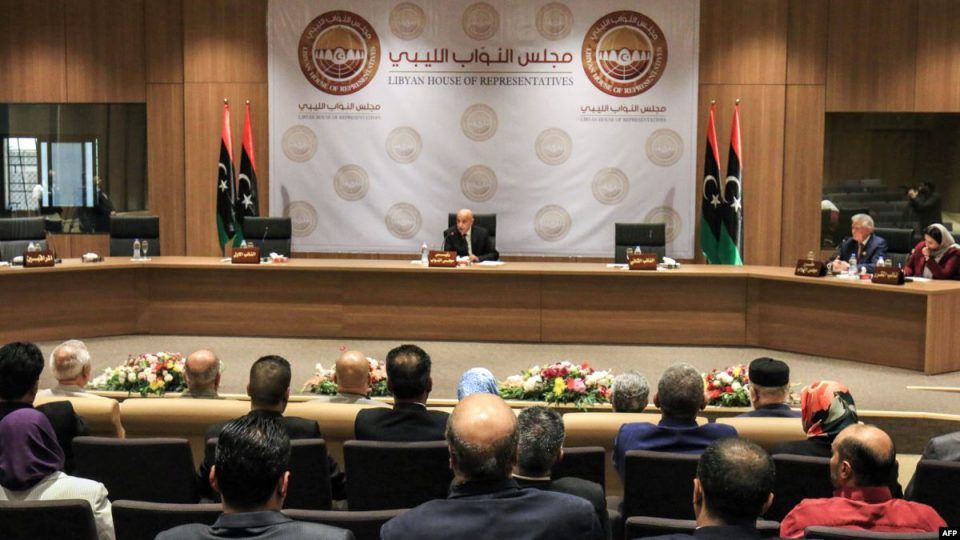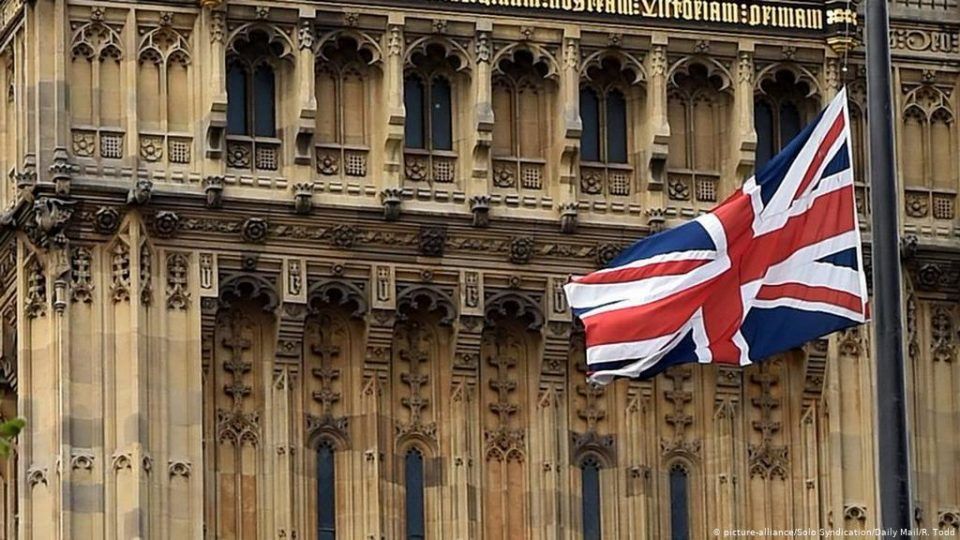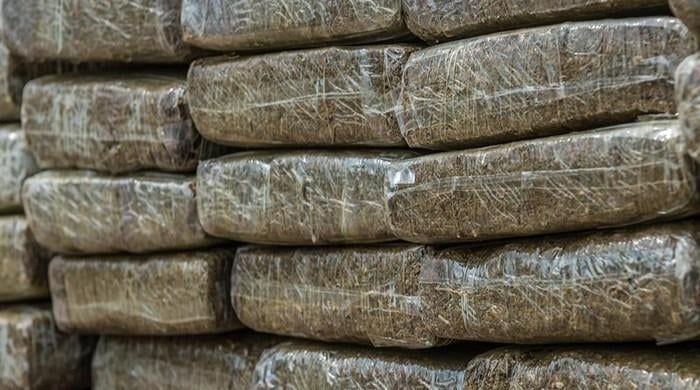Audit Bureau releases its 2019 Annual Report
Libya’s Tripoli-based Audit Bureau launched its 2019 Annual Report.
The report said the Presidential Council approved a number of extraordinary financial arrangements in 2019 to use the remaining foreign currency purchase transactions’ money from 2018, adding that the arrangements were implemented in 2019 and 2020, except for the 5-million dinars development arrangements.
The report highlighted that the money allocated for the Head of the Presidential Council Fayez Al-Sarraj to attend the UN General Assembly reached 700.000 dinars and they were transferred to the Libyan UN Mission in New York, while Al-Sarraj’s spending for attending the fifth OPEC meeting amounted to 150.00 dinars sent to Libya’s embassy in Guinea.
The report referred to hotel bookings and first-class flights’ tickets for the Presidential Council employees and their families as well as people who have no links to the Presidential Council for medical treatment purposes abroad.
The Presidential Council’s financial commitments of 2016, 2017, and 2018 reached 12.633.710 dinars, while the Central Bank of Libya made violations in 2019 in terms of monetary supply that saw a hike in prices and a drop in dinars value to foreign currency, let alone the cost of printing dinar banknotes (from £5 to 9 million) for every billion dinars.
According to the report, Taher El-Sonni was receiving a salary as a full-time advisor to Sarraj, although he was also receiving another salary for his work with the Libyan delegation in Cairo, even though he was in Tripoli all the time before moving New York.
Mpreover, GNA’s Ministry of Defence spent 50 million LYD a year on clothing and hospitality for its members.
2019 revenues reached 60 billion dinars and expenditures 46.4 billion as sovereign revenues plummeted by 59% due to ill-judgment in foreign currency selling plans as well as oil resources’ management.
There was also a financial improvement in 2018 and 2019, with the first surplus since the deteriorating between 2013 and 2017.
“The Central Bank of Libya gave 11 billion dinars to the Interim Government in eastern Libya, which has not yet made a final financial disclosure to the state.” The report states.
The report added that the number of public sector employee reached 2.36 million in 2019 – 37% of the Libyan population.
It also uncovered a series of irregularities and financial corruption at the Ministry of Interior of the Government of National Accord (GNA). It stated that the ministry’s total expenditures in 2019 amounted to 3.7 billion dinars.
In its report, the Bureau indicated that these expenditures were not approved or ratified, and that the ministry spent 60 million dinars, under miscellaneous expenses in 2018. As well as other expenses valued at 3.32 million dinars in the same year.
The report stated that the MoI was granted doubled budgetary allocations in 2019, in comparison with its allocations during the two previous years. It also noted that the ministry registered 869 million dinars as expenditures in 2016, while in 2019 it reached 2.4 billion dinars, an increase of 267%.
